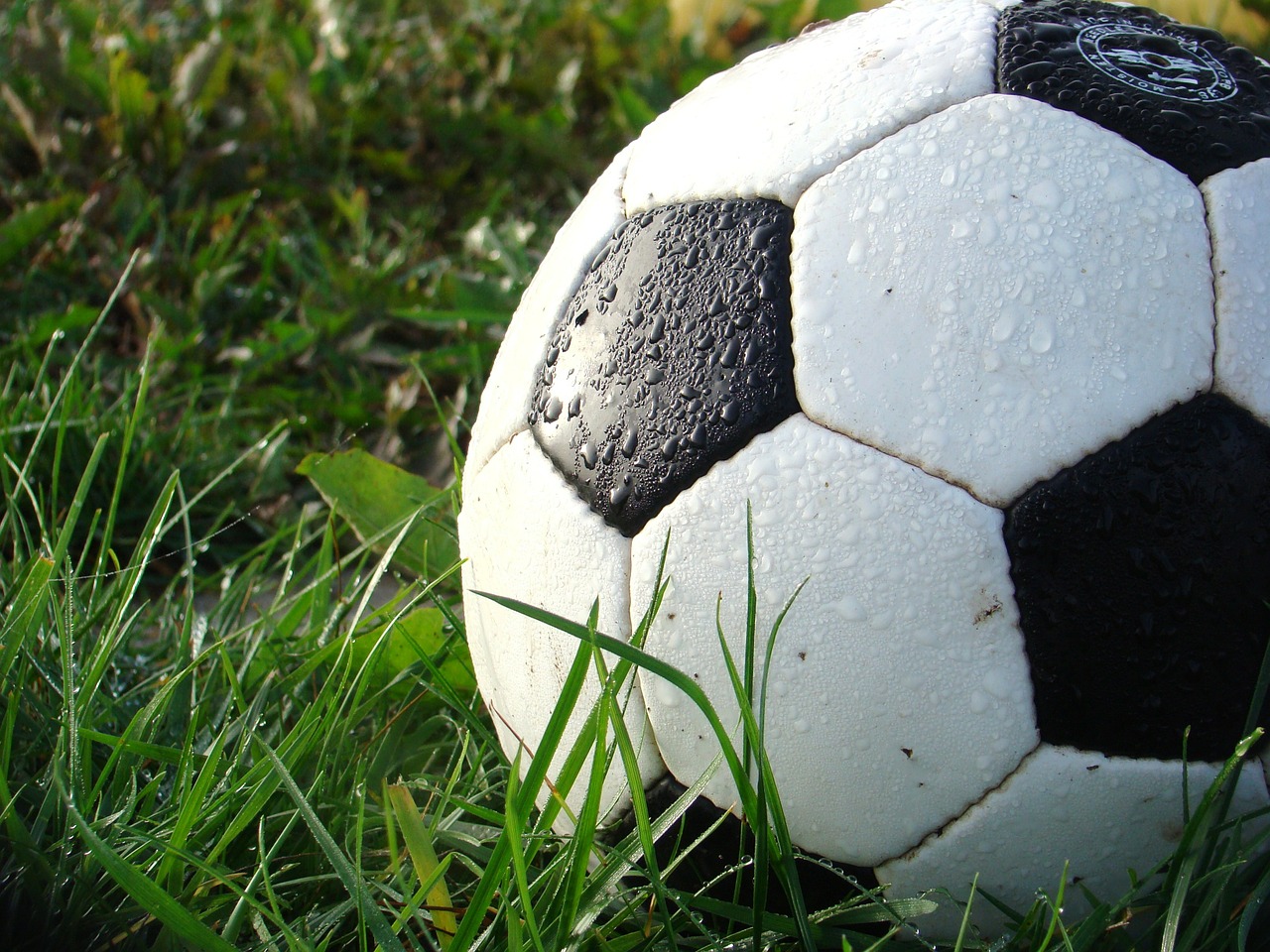
Spring has finally made its arrival in our corner of the world. And with the bloom of spring comes the bustle of sports. I’m beginning to see youth sport teams practice in parks, parking lots, and other bare spaces around town. My youth coaching days are behind me but from my perspective at Spurwink, I often think about how youth with developmental or behavioral disabilities might participate in youth sports. If you have or know a child with disabilities, here are a few thoughts.
Interests matter
Follow the child’s interests. It is the exceptional case where a child comes to a sport without interest and actually develops that interest through participation. This is even less likely in children with a disability who have additional challenges. Youth sports are great for social development and exercise but they are not the only avenues for either. If a child with a developmental disability is enthusiastic about basketball, youth basketball can be a great adventure. If that child is not interested in softball, Little League softball is unlikely to be a positive venture.
Think ahead
Do a little risk assessment. Think beforehand whether a particular athletic experience is likely to be a success or failure for the child. There are ample opportunities for failure in the life of a disabled youth; there is no need to create them. Think about the particular sport and whether it is a match. For example, while my favorite sports are softball and baseball, I find these to be a poor match for a child with attentional difficulties. There is just too much downtime – time when someone else is batting or time between pitches. There is nothing quite as anxiety provoking for a youth coach than looking up to see the third baseman watching the ants parade along the foul line rather than the batter who is about to send a line drive in her direction. For those youth, soccer or lacrosse or other sports with continual action are more likely to hold their attention.
Be a parent, and a partner
If you decide that your child’s interest level and chance of success then consider volunteering to help with coaching or at least with practice. The fact is that most youth coaches are minimally trained volunteers who have little experience with youth who have special needs. When I was a coach I was volunteering 10 to 15 hours a week on top of a full work week. I loved it, but if I had been a plumber or a nurse or a graphic designer instead of a social worker, I might have thought that I just didn’t have time to learn how to integrate a child with a disability into my team. So, be a partner. Be the one that gently teaches the other adults what they need to know about your child while adding value to the experience for all the kids.
Practice, practice, practice
Practice outside of team practices. Whether the skill is athletic (kick the ball, catch the ball, hit the ball, shoot the ball, etc.) or social (cheering for a teammate, sharing attention, good sportsmanship, etc.) spend a few minutes most days reviewing and practicing. Don’t overdo it. In my experience, the average 10 year old is good for 20 minutes practicing an athletic skill he is good at, 10 minutes on a skill he is not particularly good at and 3 minutes on a social skill.
Aim for the goal
Remember the goal. The goal should be developing competency in the social realm. This includes developing skills for delaying gratification, for developing attention, for relationships, for frustration management, for sportsmanship, etc. Success in the social realm, of course, means different things to different youth, particularly youth with disabilities. Most importantly, though, keep your eye on the ball. It’s not the athletic skills themselves that count the most.
For interested children, youth sports can be an invaluable experience. This is true of youth with disabilities, too, if the supports are right and the purpose is clear.
—
Al Durgin, LCSW is the Vice President of CQI & Outcomes at Spurwink
